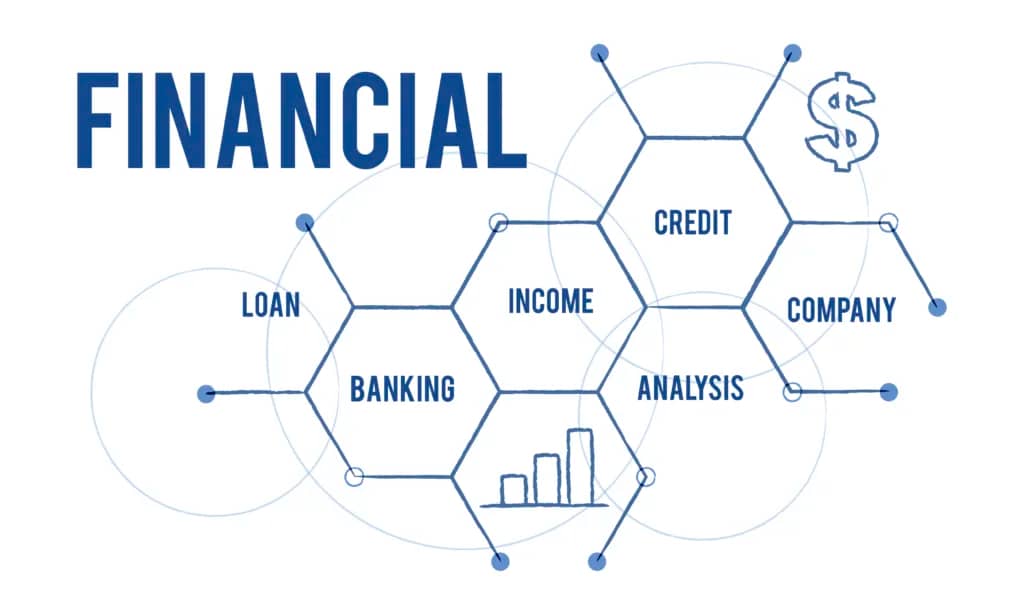AI has revolutionized the field of finance in numerous ways. Here are some key areas where AI is being utilized in finance:

Fraud Detection:
AI algorithms can analyze vast amounts of financial data to identify patterns and anomalies that may indicate fraudulent activities. By employing machine learning techniques, AI systems can learn from historical data and continuously improve their ability to detect fraudulent transactions in real time.
Trading and Investment:
AI-powered trading systems, often referred to as algorithmic or automated trading, use complex algorithms to analyze market data and make trading decisions. These systems can process large volumes of data, identify patterns, and execute trades with high speed and accuracy. AI can also be employed in portfolio management to optimize asset allocation based on market conditions and risk tolerance.
Risk Assessment:
AI algorithms can analyze various data sources, such as financial statements, credit reports, market data, and news articles, to assess the creditworthiness of individuals or businesses. By evaluating multiple factors, AI can provide more accurate risk assessments and aid in making informed lending and investment decisions.
Customer Service:
AI-powered chatbots and virtual assistants are being employed by financial institutions to handle customer inquiries, provide account information, and offer personalized recommendations. Natural language processing capabilities enable these systems to understand and respond to customer queries effectively, enhancing customer experience and reducing operational costs.
Predictive Analytics:
AI techniques, such as machine learning and data mining, can analyze historical financial data to make predictions about future trends, market movements, and customer behavior. These predictive models can assist financial institutions in making strategic decisions, optimizing pricing strategies, and identifying potential risks or opportunities.
Robo-Advisory:
Robo-advisors leverage AI algorithms to provide automated investment advice and portfolio management services. These platforms use client-specific information, such as financial goals, risk tolerance, and time horizon, to generate personalized investment strategies. By automating the advisory process, robo-advisors offer cost-effective investment solutions to a wider range of investors.
Credit Scoring:
Traditional credit scoring models often rely on limited data and historical credit information. AI-powered credit scoring models can incorporate alternative data sources, such as social media activity, online behavior, and mobile phone usage, to assess creditworthiness more accurately. This enables lenders to make fairer lending decisions, especially for individuals or businesses with limited credit history.
It is important to note that while AI offers numerous benefits in finance, it also presents challenges related to data privacy, algorithmic biases, and regulatory compliance. Therefore, it is crucial to establish robust governance frameworks and ethical guidelines to ensure the responsible and accountable use of AI in finance.
Must Read: